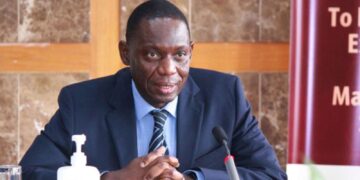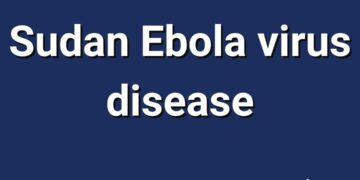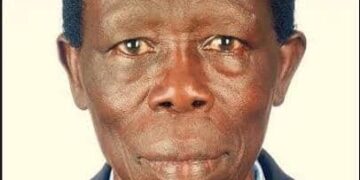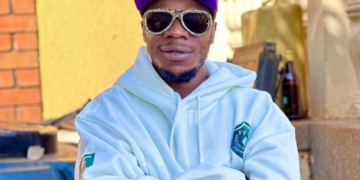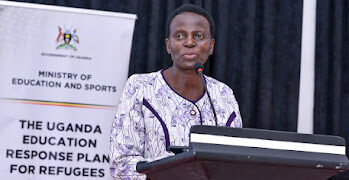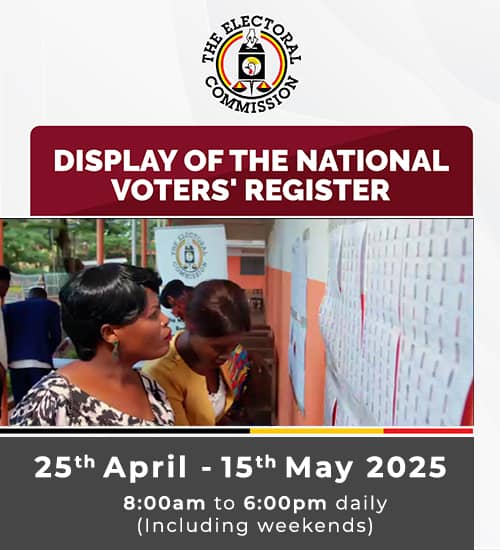Africa is expected to be declared free from wild polio, after decades of work by a coalition of international health bodies, national and local governments, community volunteers and survivors.
Four years after the last recorded cases of wild polio in northern Nigeria, the Africa Regional Certification Commission (ARCC) is expected to certify that the continent is free of the virus, which can cause irreversible paralysis and in some cases death.
The achievement is the result of a campaign to vaccinate and monitor children in Borno State, the final front of polio eradication efforts on the continent, and the heart of the jihadist insurgency in Nigeria.
“It’s been a momentous, massive undertaking, with amazing persistence and perseverance, coming in the face of moments when we thought we were just about there, then we’d have a reversal,” Dr Matshidiso Moeti, the World Health Organization (WHO) regional director for Africa, said.
Dr Matshidiso said WHO had played a central coordinating role within the Global Polio Eradication Initiative – a coalition of national governments and local leaders, working with Unicef, the Bill and Melinda Gates Foundation, Rotary International, the US Centers for Disease Control and Prevention – and with millions of community volunteers across the continent.
Improved surveillance, tackling violent levels of vaccine scepticism that fuelled deadly attacks on health workers and the inclusion of polio survivors within eradication teams were key factors in wiping out the virus, said Moeti.
“I would really like to pay tribute to polio survivors, who have joined in the fight, who have helped in sharing their experiences of disability with polio and the impact this has had on their lives,” she said.
In 1996, 75,000 children in Africa were paralyzed by polio. The fight now is to improve the lives of survivors, said Moeti.
“This moment underlines the importance of paying attention and better prioritizing the needs of people with disabilities in the African region. Health is not just the absence of a disease that can kill, it is a complete sense of wellbeing,” she said.
















